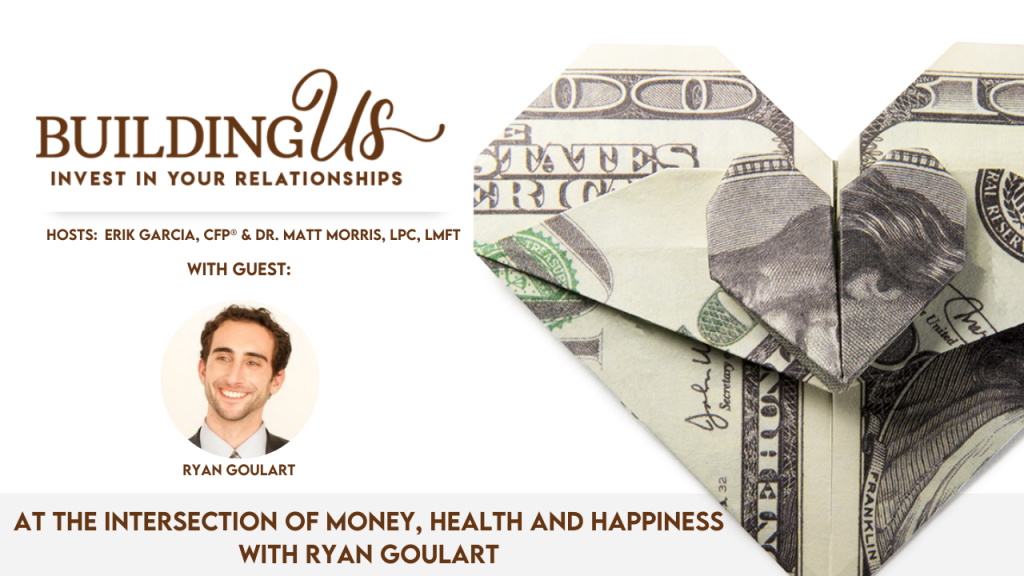How Money Influences the Frequency and Intensity of Happiness

Psychologists uncover new details about how money influences the frequency and intensity of happiness
by Beth Ellwood
Research from the journal Social Psychological and Personality Science offers insight into the long-contended claim that money improves life satisfaction. The researchers found consistent evidence that income affects the frequency with which a person experiences happiness, but not the intensity.
The research team, led by Jon M. Jachimowicz, proposed that the link between income and happiness can be explained by the way people tend to spend their free time. People with lower incomes tend to spend more time engaging in passive leisure activities, such as TV watching and relaxing, and less time partaking in active leisure activities like socializing and practicing hobbies.
Passive activities should contribute to less happiness over time due to a phenomenon called hedonic adaptation — the tendency to become accustomed to a positive event and quickly return to a baseline level of happiness. By contrast, active leisure activities that are habitual and intentional, such as exercising, should produce less intense but more frequent bouts of happiness that add up to encourage psychological well-being. Jachimowicz and his team therefore proposed that income should be positively correlated with happiness frequency but not happiness intensity.
An initial diary study had 394 adults report their positive affect — how cheerful, energetic, enthusiastic, relaxed, calm, and content they were feeling — three times a day for 30 days. The study authors used these responses to calculate scores for happiness frequency and happiness intensity for each participant. In line with the researchers’ predictions, greater income predicted greater happiness frequency but did not predict happiness intensity. Moreover, income was related to greater life satisfaction through increased happiness frequency.

From the Building Us podcast, Ryan Goulart, co-author of Leveraging Your Financial Intelligence: At the Intersection of Money, Health and Happiness, joins Dr. Matt Morris, LPC, LMFT, and Erik Garcia, CFP® to discuss how financial stress impacts our physical health, emotional well-being, and why understanding your values helps guide your behaviors.
A second study among a larger sample of 1,290 replicated these results using validated measures of happiness frequency and intensity from the Multidimensional Emotions Questionnaire.
Prompted by these findings, a final study was conducted to explore the theory that income affects happiness by influencing how people spend their time. Using data from a large, representative survey of Americans, the researchers analyzed the interplay between respondents’ annual income, the activities they participated in, and how happy they felt during these activities. They differentiated between active leisure (praying, socializing, hobbies, exercise, or volunteering) and passive leisure (watching tv, relaxing, or sleeping).
Again, income was positively related to happiness frequency but not intensity. Notably, the study offered evidence for a pathway through which income improves happiness frequency — income was related to time spent on passive activities, which in turn, was associated with happiness frequency. As the researchers had predicted, those who had lower incomes spent more time on passive activities like watching TV, and in turn, reported less frequent bouts of happiness.
Jachimowicz and his colleagues say these findings shed light on the nuanced relationship between income and happiness, suggesting that income influences the frequency with which a person experiences happiness, rather than the intensity. “Taken together,” the authors illustrate, “income may bring about happiness not through more intensely happy experiences, but through a greater number of them.”
To address this happiness gap between low-income and high-income individuals, the researchers suggest that people with lower income should be encouraged to pursue activities that are more meaningful and more likely to boost well-being, as opposed to passive activities.
The study, “Income More Reliably Predicts Frequent Than Intense Happiness”, was authored by Jon M. Jachimowicz, Ruo Mo, Adam Eric Greenberg, Bertus Jeronimus, and Ashley V. Whillans.
